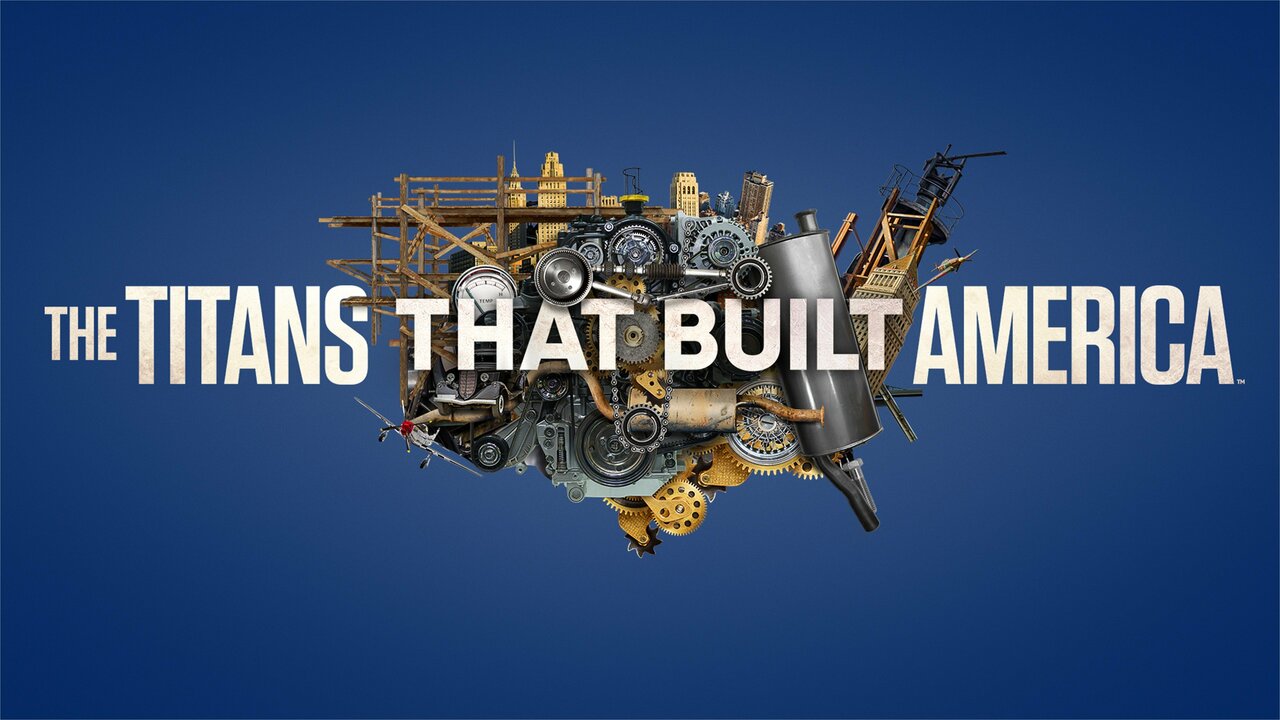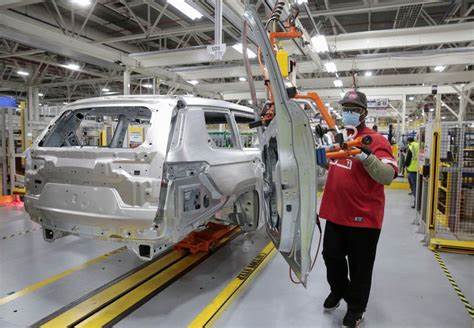The automotive industry has witnessed the rise and influence of several giants that have shaped its course for over a century. Known as the “Big Three,” General Motors (GM), Ford Motor Company, and Stellantis (formerly Fiat Chrysler Automobiles) stand as pillars of innovation, ingenuity, and mass production that have defined the modern automotive landscape. This article delves into the historical significance, contributions, and impact of the Big Three automakers on a global scale.
A Triumvirate of Innovation
Contents
The Big Three automakers are synonymous with automotive excellence, each with its unique contributions that have left an indelible mark on the industry and society as a whole.
General Motors (GM)
Founded in 1908 by William C. Durant, GM quickly rose to prominence as a pioneer in the automotive realm. The company’s innovative spirit led to the introduction of groundbreaking technologies such as the automatic transmission and the first electric starter, revolutionizing the driving experience.
Ford Motor Company
Established by Henry Ford in 1903, the Ford Motor Company revolutionized mass production with the introduction of the assembly line. The iconic Model T, known as the “Tin Lizzie,” transformed automobiles from luxury items to accessible modes of transportation for the masses.
Stellantis (Fiat Chrysler Automobiles)
Formed in 2021 through the merger of Fiat Chrysler Automobiles (FCA) and PSA Group, Stellantis represents a fusion of diverse automotive cultures and brands. Brands like Fiat, Chrysler, Jeep, Dodge, Peugeot, and Citroën, to name a few, now operate under the Stellantis umbrella.
Impact and Contributions
- Mass Production Revolution: Ford’s assembly line method paved the way for mass production, making automobiles affordable and transforming industrial manufacturing processes.
- Diverse Automotive Portfolio: General Motors’ array of brands, from Chevrolet to Cadillac, showcases a commitment to offering vehicles that cater to various consumer preferences and market segments.
- Global Influence: The Big Three’s presence extends across continents, influencing automotive trends, economies, and cultures worldwide.
Adapting to Challenges
- Technological Evolution: The automotive industry faces a paradigm shift with electric vehicles, autonomous technology, and connectivity reshaping the way vehicles are designed, manufactured, and used.
- Environmental Concerns: Stricter emissions regulations and sustainability concerns are pushing automakers to develop eco-friendly solutions.
Legacy for the Future
As the automotive industry embraces the future, the legacy of the Big Three automakers remains deeply embedded. The lessons of innovation, adaptability, and consumer-focused approaches continue to guide the industry forward. Through challenges and triumphs, the Big Three’s impact on mobility, manufacturing, and society as a whole is a testament to their enduring influence. As new technologies emerge and consumer expectations evolve, the Big Three’s legacy serves as a foundation upon which the automotive industry continues to build a brighter, more innovative future.



